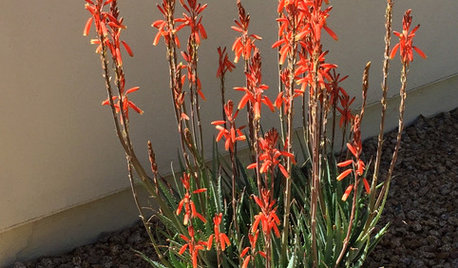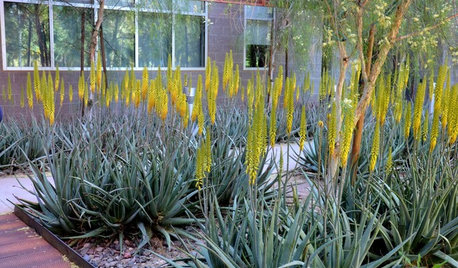What are the benefits of Aloe liquid??
rosessecretgarden
14 years ago
Featured Answer
Comments (26)
paracelsus
14 years agolast modified: 9 years agorosessecretgarden
14 years agolast modified: 9 years agoRelated Professionals
Barrington Hills Landscape Architects & Landscape Designers · Camas Landscape Architects & Landscape Designers · Mount Wilson Landscape Architects & Landscape Designers · Amesbury Landscape Contractors · Goodlettsville Landscape Contractors · Coronado General Contractors · Easley General Contractors · Fair Oaks Carpenters · Needham Carpenters · Cedar Falls Decks, Patios & Outdoor Enclosures · Fairfax Decks, Patios & Outdoor Enclosures · Hampton Bays Decks, Patios & Outdoor Enclosures · Santa Ana Decks, Patios & Outdoor Enclosures · West Bloomfield Township Decks, Patios & Outdoor Enclosures · Pleasant Grove Decks, Patios & Outdoor Enclosuresnorma_2006
14 years agolast modified: 9 years agocactusmcharris, interior BC Z4/5
14 years agolast modified: 9 years agosagebrush36
14 years agolast modified: 9 years agoamccour
14 years agolast modified: 9 years agocactusmcharris, interior BC Z4/5
14 years agolast modified: 9 years agocactusmcharris, interior BC Z4/5
14 years agolast modified: 9 years agoa_hamm
13 years agolast modified: 9 years agopirate_girl
13 years agolast modified: 9 years agoa_hamm
13 years agolast modified: 9 years agoLoveplants2 8b Virginia Beach, Virginia
13 years agolast modified: 9 years agonorma_2006
13 years agolast modified: 9 years agomagnetico
11 years agolast modified: 9 years agomagnetico
11 years agolast modified: 9 years agoBeachplants
11 years agolast modified: 9 years agomagnetico
11 years agolast modified: 9 years agomagnetico
11 years agolast modified: 9 years agocactusmcharris, interior BC Z4/5
11 years agolast modified: 9 years agomagnetico
11 years agolast modified: 9 years agocactusmcharris, interior BC Z4/5
11 years agolast modified: 9 years agomagnetico
11 years agolast modified: 9 years agolzrddr
11 years agolast modified: 9 years agowantonamara Z8 CenTex
11 years agolast modified: 9 years agoSierra
8 years ago
Related Stories

GARDENING GUIDESGreat Design Plant: Fan Aloe
Fanning leaves offer a striking rosette alternative, but this plant has all the benefits of regular succulents and more
Full Story
GARDENING GUIDESGreat Design Plant: Aloe ‘Blue Elf’
This compact, sun-loving aloe hybrid thrives where many aloes don’t
Full Story
GARDENING GUIDESGreat Design Plant: Aloe Vera
Bright yellow flowering spikes decorate this popular aloe from late winter into spring, much to the delight of hummingbirds
Full Story
TRIMWhat Color Should You Paint Your Trim?
Learn the benefits of painting your trim white, black, neutral, a bold color and more
Full Story
GARDENING GUIDESThe Poop Scoop: Enrich Your Soil With Good Old Manure
Get over the ick factor already — this natural super-ingredient for soil has so many benefits, you'll wonder why you ever went chemical
Full Story
GARDENING GUIDESHow to Stop Worrying and Start Loving Clay Soil
Clay has many more benefits than you might imagine
Full Story
BUDGETING YOUR PROJECTDesign Workshop: Is a Phased Construction Project Right for You?
Breaking up your remodel or custom home project has benefits and disadvantages. See if it’s right for you
Full Story
GARDENING FOR BUTTERFLIES3 Ways Native Plants Make Gardening So Much Better
You probably know about the lower maintenance. But native plants' other benefits go far beyond a little less watering and weeding
Full Story
SMALL HOMESHouzz Tour: Caretaking and Compact Living on a Historic Estate
Strangers sometimes wander in, but this bright and cozy New Hampshire home comes with benefits too
Full Story
DECORATING GUIDESDesigning Nemo: 30 Fish Tanks Make a Decorative Splash
Bring an otherworldly glow and a calming vibe to your home with the living art of an aquarium
Full Story








breathnez